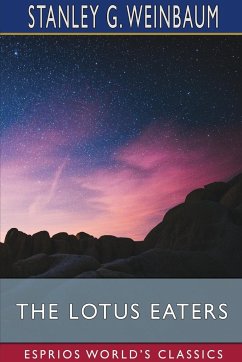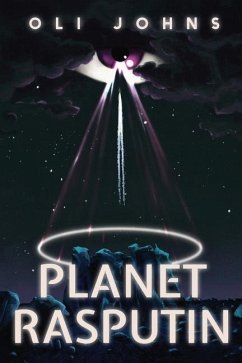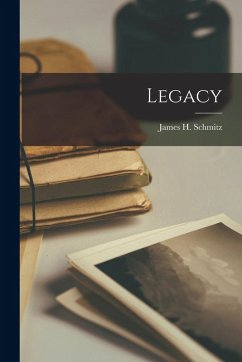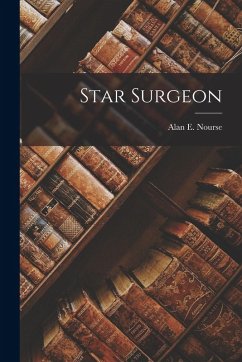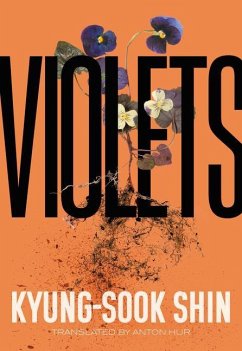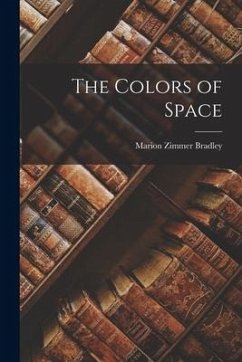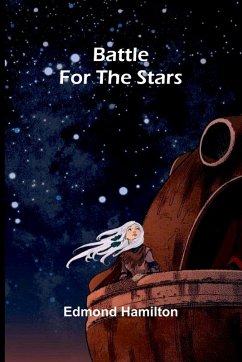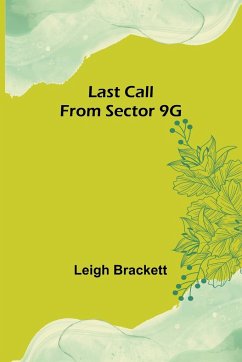Nicht lieferbar
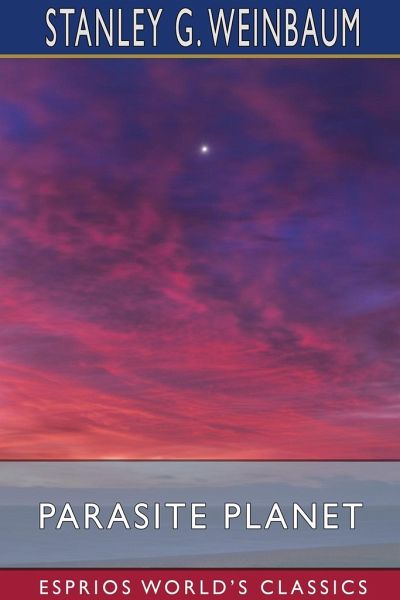
Parasite Planet (Esprios Classics)
Versandkostenfrei!
Nicht lieferbar
"Parasite Planet" is a science fiction short story by American writer Stanley G. Weinbaum originally published in the February 1935 issue of Astounding Stories. It was Weinbaum's fourth published story, and the first to be set on Venus. He quickly followed it up with a sequel called "The Lotus Eaters". In the story, tidal locking keeps one side of Venus perpetually facing the Sun. This side of the planet is a barren desert. Towards the planet's twilight region the temperature drops below the boiling point of water and the Hotlands begin: an area of the planet inhabited by native life forms, al...
"Parasite Planet" is a science fiction short story by American writer Stanley G. Weinbaum originally published in the February 1935 issue of Astounding Stories. It was Weinbaum's fourth published story, and the first to be set on Venus. He quickly followed it up with a sequel called "The Lotus Eaters". In the story, tidal locking keeps one side of Venus perpetually facing the Sun. This side of the planet is a barren desert. Towards the planet's twilight region the temperature drops below the boiling point of water and the Hotlands begin: an area of the planet inhabited by native life forms, all of them parasitic to a greater or lesser degree.




